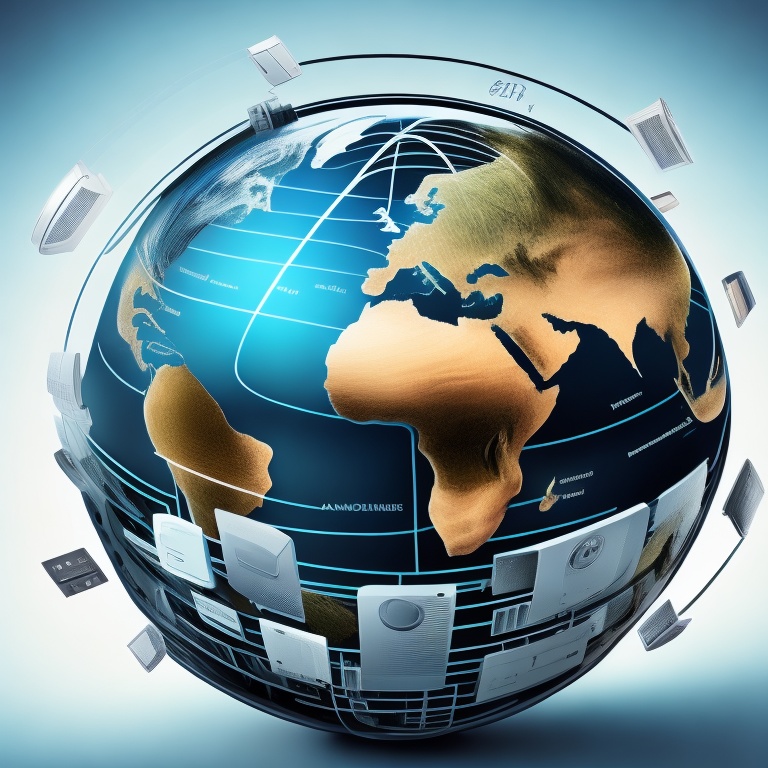Internet of Things (IoT)
- Nyan Linn Aung
- May 6, 2023
- 2 min read
Updated: May 9, 2023
The Internet of Things (IoT) is a technology that is rapidly transforming the way we live and work. It refers to the interconnectivity of devices, sensors, and systems that enable them to exchange data and communicate with each other over the internet. IoT devices range from small sensors to large industrial machines, and they are used in various industries such as healthcare, transportation, and manufacturing.
IoT is changing the game for industries by providing them with new insights, optimizing operations, and creating new business models. Here are some of the ways that IoT is transforming different industries:
1. Healthcare
In the healthcare industry, IoT is helping to improve patient outcomes by providing doctors and nurses with real-time information about their patients. For example, wearable devices can track a patient's heart rate, blood pressure, and other vital signs, and alert healthcare providers if there are any concerning changes. IoT is also being used in telemedicine, where doctors can remotely monitor and treat patients, especially in remote or underserved areas.
2. Transportation
IoT is helping to optimize transportation systems by providing real-time data about traffic patterns, weather conditions, and vehicle performance. This information is being used to improve safety, reduce congestion, and enhance the efficiency of transportation systems. For example, smart traffic lights can adjust their timing based on traffic patterns, and autonomous vehicles can communicate with other vehicles to avoid accidents.
3. Manufacturing
IoT is revolutionizing the manufacturing industry by enabling the creation of smart factories. Smart factories are equipped with IoT devices that can track the performance of machines, monitor the production process, and detect potential problems before they occur. This allows manufacturers to optimize their operations, reduce downtime, and improve their bottom line.
4. Agriculture
IoT is also being used in the agriculture industry to optimize crop production and reduce waste. IoT sensors can track soil moisture, temperature, and other environmental factors, providing farmers with insights that can help them make better decisions about when to plant, irrigate, and harvest their crops. This can lead to higher crop yields, reduced water usage, and less waste.
5. Energy
IoT is helping to optimize energy consumption by providing real-time data about energy usage and production. For example, smart meters can track how much energy is being used by individual households and adjust the energy supply accordingly. This can help reduce energy waste and lower energy costs for consumers.
In conclusion, IoT is transforming various industries by providing real-time data, improving efficiency, and creating new business models. As IoT continues to evolve, we can expect to see even more innovative applications in the future. It is important for businesses to keep up with the latest developments in IoT to stay competitive and take advantage of its benefits.






Comments